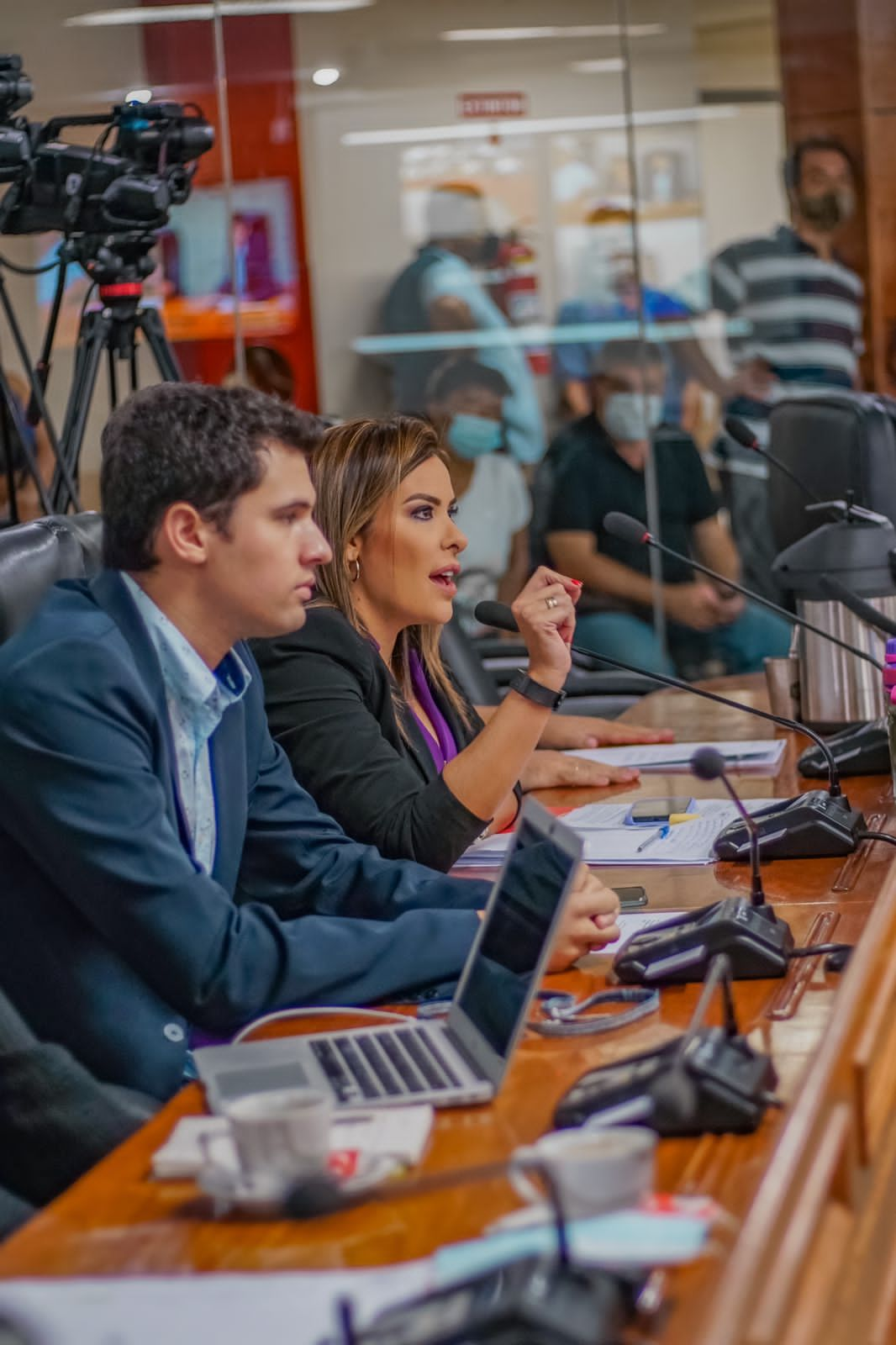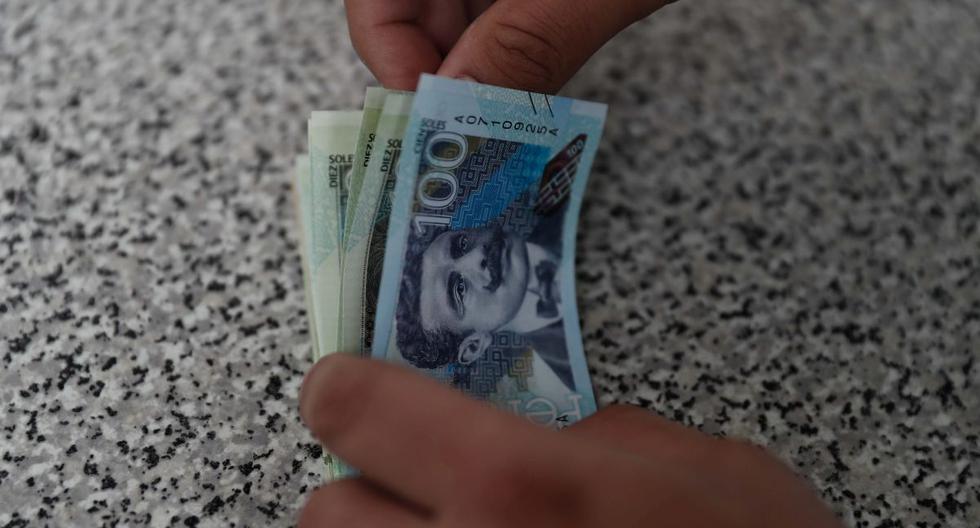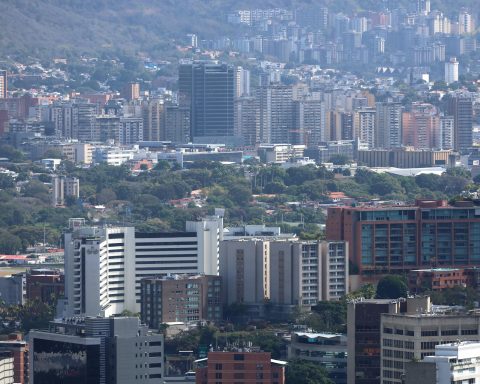In one more commemoration of 8M, the concept that is gradually being adopted in our vocabulary sounds, “sorority”, which is solidarity between women, especially in situations of sexual discrimination and sexist attitudes and behaviors.
From the Municipal Board, Councilor Fiorella Forestieri proposes in this framework to start implementing a support system on free legal advice and guidance for women, which aims to advise on rights, resources, divorces, violence and childhood. To be assisted, women should contact 0994 351 222 and this service proposes to continue throughout the mandate of the councilor.
To this will also be added a free system of psychological support for women and children, for which a report was requested from professionals in psychology who are carrying out other tasks in the municipality and in the Asunción council in order to put at the service of community.
Paraguay has a mental health policy and plans, but lacks legislation on this subject. The funding is directed mostly to the psychiatric hospital. There are no social security plans, and only a minority of the population has free access to psychotropic medication.
According to a World Bank study, Paraguay has had important developments in recent years, but there is still a long way to go before achieving gender equality.
The Social Institutions and Gender Index (SIGI), which reflects discrimination against women in social institutions, including formal and informal laws, social norms and practices, places Paraguay just above the median in the region . However, Paraguay’s rate is more than five times higher than that of Argentina – the country with the best performance. Additionally, Paraguay shows poor performance in this area, as measured by the UNDP Gender Inequality Index. The country has the fourth highest level of gender inequality in the region, well above the LAC average.
Following the World Bank Gender Strategy 2016-2023, this report seeks to report on (1) improving human endowments, including health, education, and social protection; (2) remove restrictions for more and better jobs; (3) remove restrictions on women’s ownership and control of assets; and (4) improve women’s voice and management and engage boys and men.

















